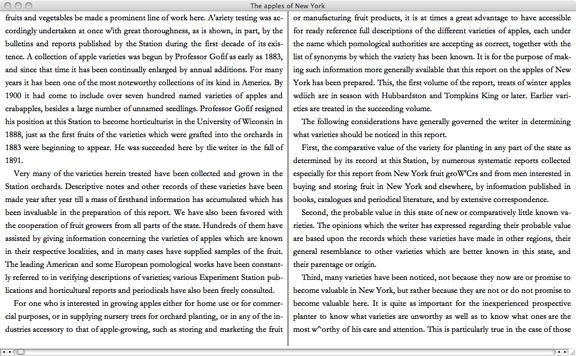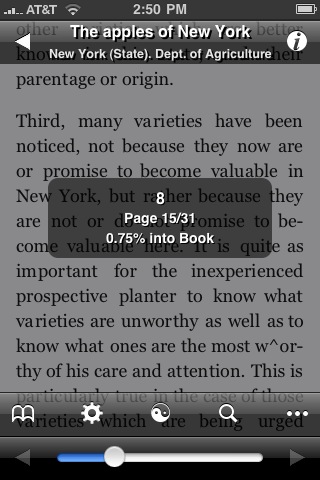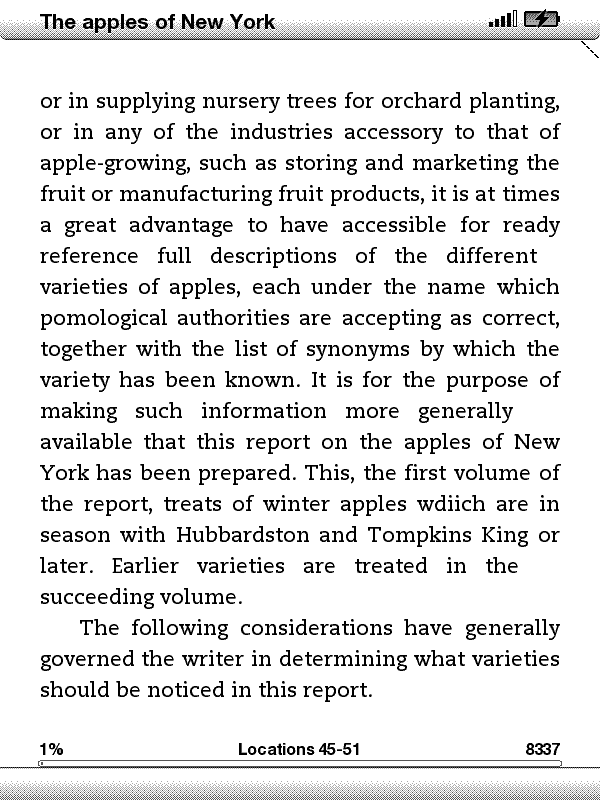Ron Silliman: Of the 19 authors whose books I read in judging the Poetry…:
Reading Wenderoth’s web page at UC Davis, I get the sense that he may be more interested in poetry that is performable – in the Henry Rollins sense – than in the printed page, which may explain this puzzle. A poem like ’Twentieth-Century Pleasures’ just might work very well at a reading to an
audience inexperienced in contemporary poetry – those short pieces would likewise – but it does so for all the reasons that make poetry as performance an inherently debased art. The exact same qualities that would make you cringe at an episode of Matlock work very well at pulling forward stock emotions from audiences who aren’t trained to recognize such manipulations. There’s a reason why so many poets who participate in slams are notoriously unread. This might not be slam material, but the dynamics are fundamentally the same.
Which caught my eye, because just yesterday I found myself reading (also via Silliman’s blog) this:
White Plains, NY – In case you haven’t heard, stars are coming to White Plains – the stars of Slam Poetry.
They have been featured at the White Plains Public Library the first Wednesday of each month since 2004 thanks to Eric “Zork†Alan, author and four-time National Slam Poet competitor; Program Librarian Barbara Wenglin, along with other library staff, and the White Plains Library Foundation.
Spoken word or performance poetry is now one of the most popular and growing forms of poetry throughout the United States and worldwide. The Library’s monthly slam poetry events offer an opportunity for poets in Westchester County to perform their original works at an Open Mic or Slam competition during the evening, as well as take inspiration from world-class guests and other local poets. The talented slammaster and performance poet, Eric “Zork†Alan, emcees each program. The visiting poets are exciting professionals from around the country who have been attracting a large and diverse audience. In fact, the program has made such an impact on teens that the White Plains Library Foundation is launching an additional slam poetry program just for them.
Following a year of competitions, the 2008 Westchester Poetry Slam winning team members are James Joseph Buhs, Dan DeRosa, Sean Gallagher, Anne Marie Marra, and Slammaster Eric “Zork†Alan. The team competed at the National Poetry Slam Championship in August in Madison, WI, and received great positive feedback. In 2007, the first-ever Westchester Poetry Slam team entered the National Poetry Slam Championship in Austin, Texas.
Why can’t I read this without thinking about Dodgeball championships on the Ocho? Why isn’t poetry an Olympic event?
(Via Silliman’s Blog.)
Technorati Tags:
libraries, literachoor, poetry


